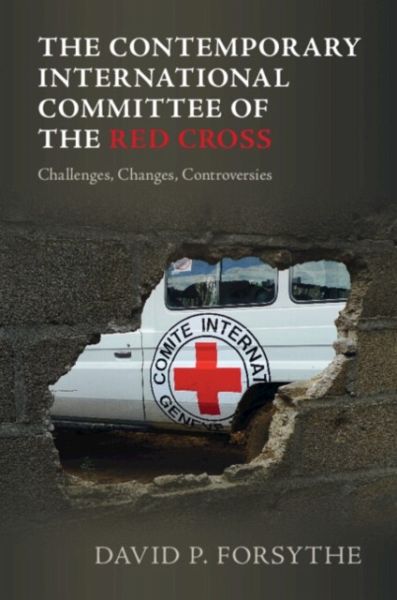
The Contemporary International Committee of the Red Cross
Versandkostenfrei!
Sofort lieferbar
41,99 €
inkl. MwSt.

PAYBACK Punkte
21 °P sammeln!
Decisions made by the ICRC are often crucial to humanitarian protection. This book analyses the challenges confronting the organization and the complex decisions it takes as it responds to human needs stemming from political violence. Have its recent policy choices affected its reputation for independent and neutral humanitarian action?














